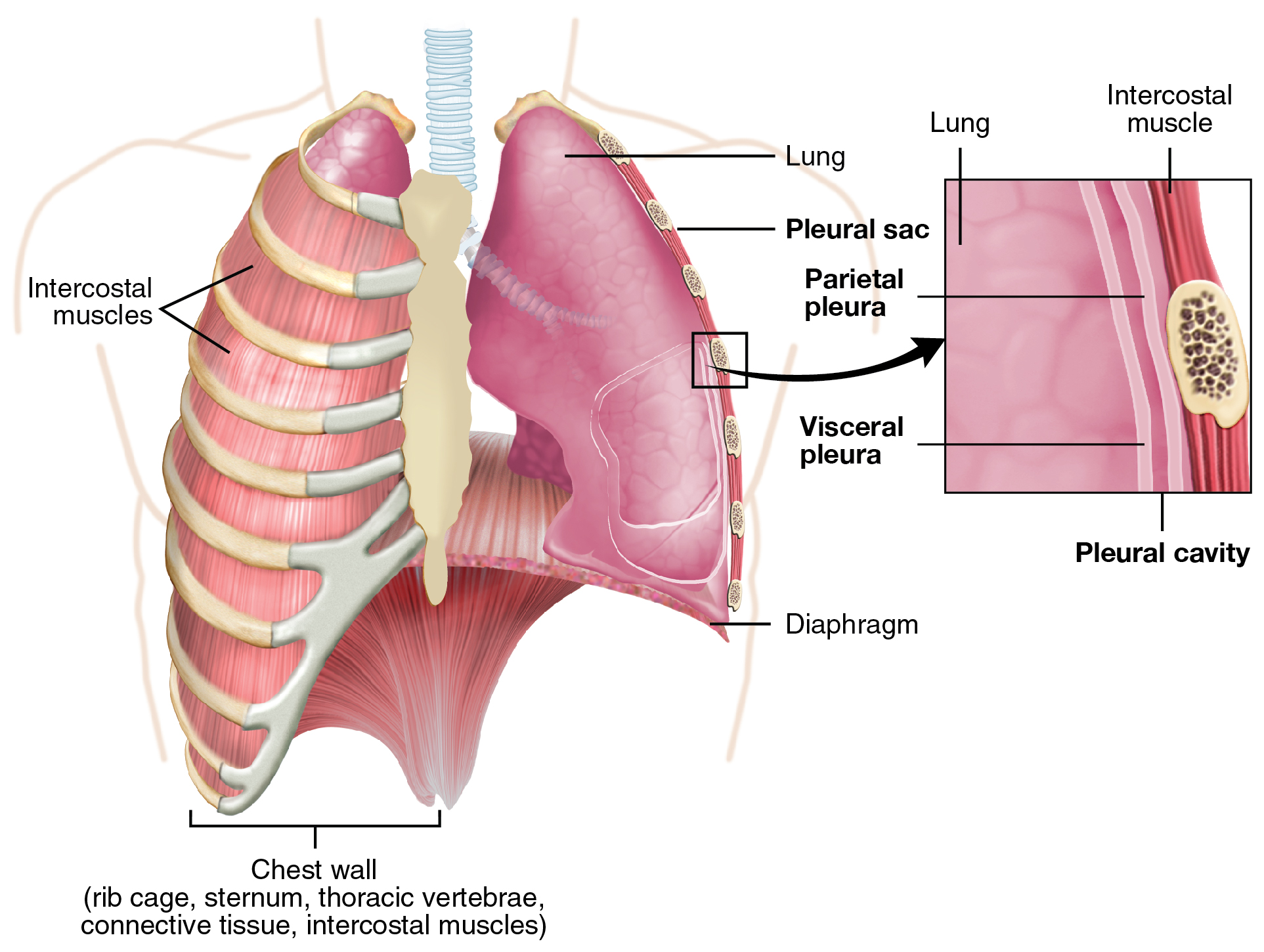 The Potential of a Lung Cancer Vaccine in Targeting and Eliminating Cancer Cells
The Potential of a Lung Cancer Vaccine in Targeting and Eliminating Cancer Cells
In a groundbreaking development in the field of cancer research, a team of scientists from Oxford University, the Francis Crick Institute, and University College London have developed a lung cancer vaccine called “LungVax.” This vaccine, similar to the highly successful Oxford-AstraZeneca COVID-19 vaccine, has the potential to target and eliminate cancer cells in the lungs.
The manufacturing of 3,000 doses of the LungVax has been made possible through generous funding of up to $2 million from Cancer Research UK and the CRIS Cancer Foundation. This significant financial support highlights the importance and potential impact that this vaccine could have in combating lung cancer.
The concept behind the LungVax is to train the immune system to recognize specific proteins, called neoantigens, present on the surface of lung cancer cells. These neoantigens are formed as a result of mutations in the DNA of the cancerous cells. By introducing a strand of DNA into the body, the immune system can be primed to identify and eliminate these cancer cells.
Lung cancer is a major health concern, particularly in the UK where it accounts for 48,500 cases every year. Shockingly, 72% of these cases are directly linked to smoking. Michelle Mitchell, CEO of Cancer Research UK, emphasizes the significance of LungVax in preventing cancer in the future. She describes it as a “really important step forward” towards a future where individuals can live longer, healthier lives without the fear of cancer.
The development of LungVax is not just a solitary breakthrough; it is part of a larger movement in lung cancer research. Mitchell believes that we are currently in a “golden age” for such research and that LungVax is just one of many promising projects that could significantly improve the survival rate for cancer patients.
Before LungVax can progress to the next stage of clinical trials, it must first demonstrate its ability to trigger an immune response in laboratory settings. If successful, larger trials can be conducted, specifically targeting individuals who are at a high risk of developing lung cancer. These trials will assess the vaccine’s effectiveness in preventing the disease altogether.
The potential of LungVax is immense, not only for lung cancer patients but also for the broader field of cancer research. As scientists continue to make remarkable progress in finding innovative solutions, there is hope that we may eventually live in a world where cancer is no longer a dreaded diagnosis. The scientific breakthroughs that have emerged during the pandemic have paved the way for future advancements, offering us the possibility of longer, healthier lives free from the fear of cancer.
In conclusion, the development of the LungVax lung cancer vaccine represents a significant milestone in cancer research. With its ability to train the immune system to target and eliminate cancer cells, this vaccine has the potential to revolutionize the treatment and prevention of lung cancer. While further trials and research are needed, LungVax offers hope for a future where cancer can be effectively controlled and even eradicated.

